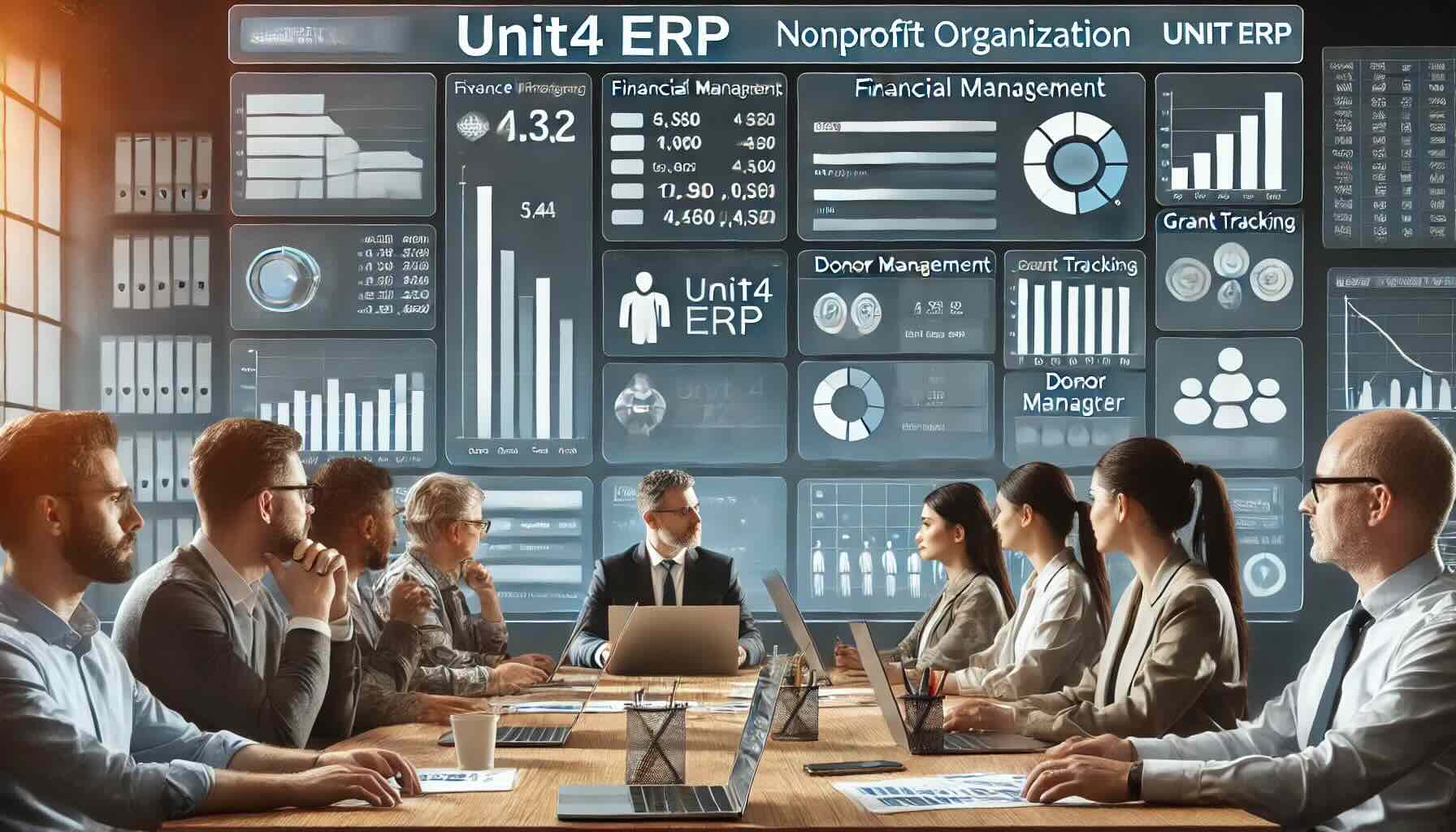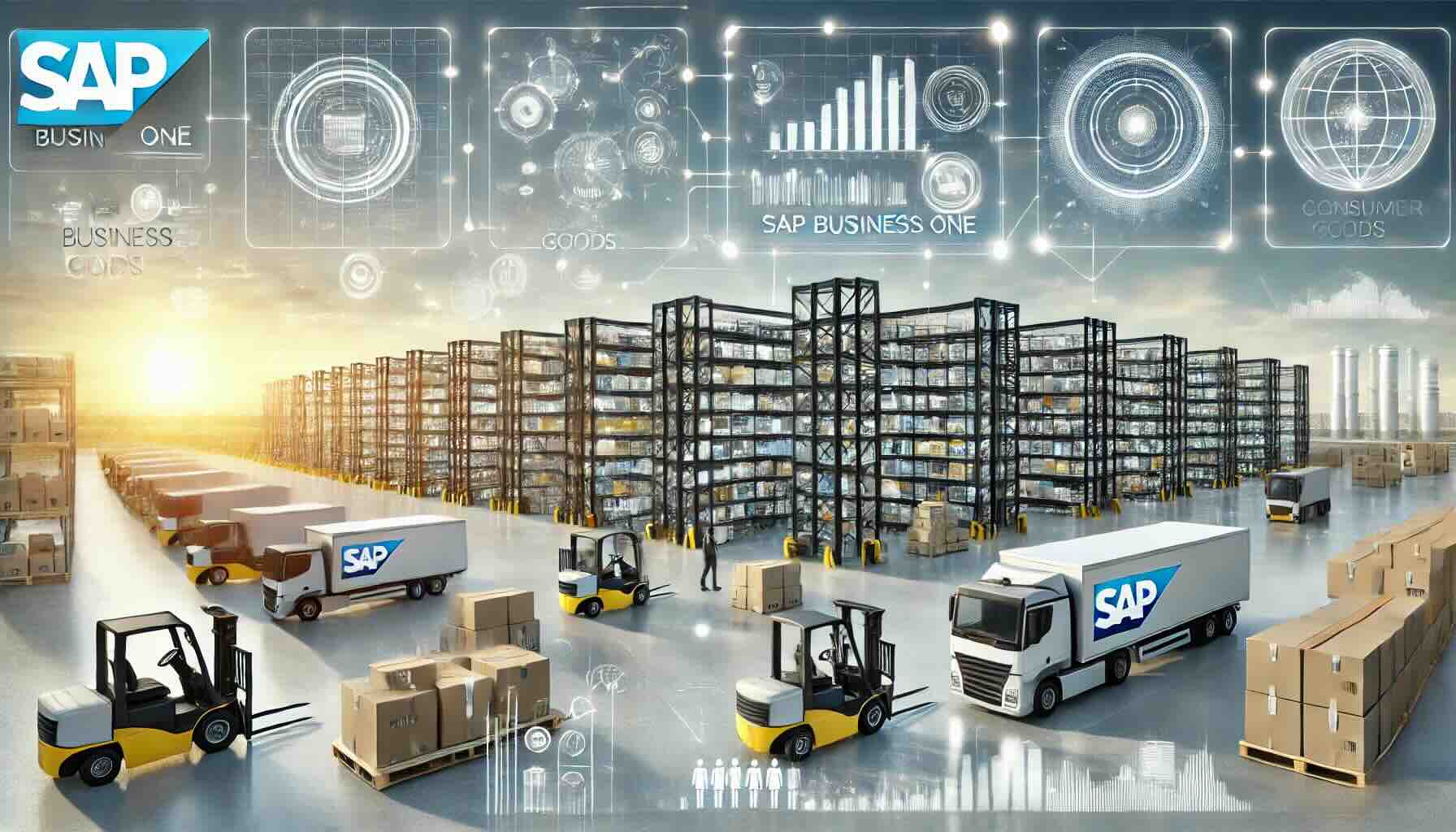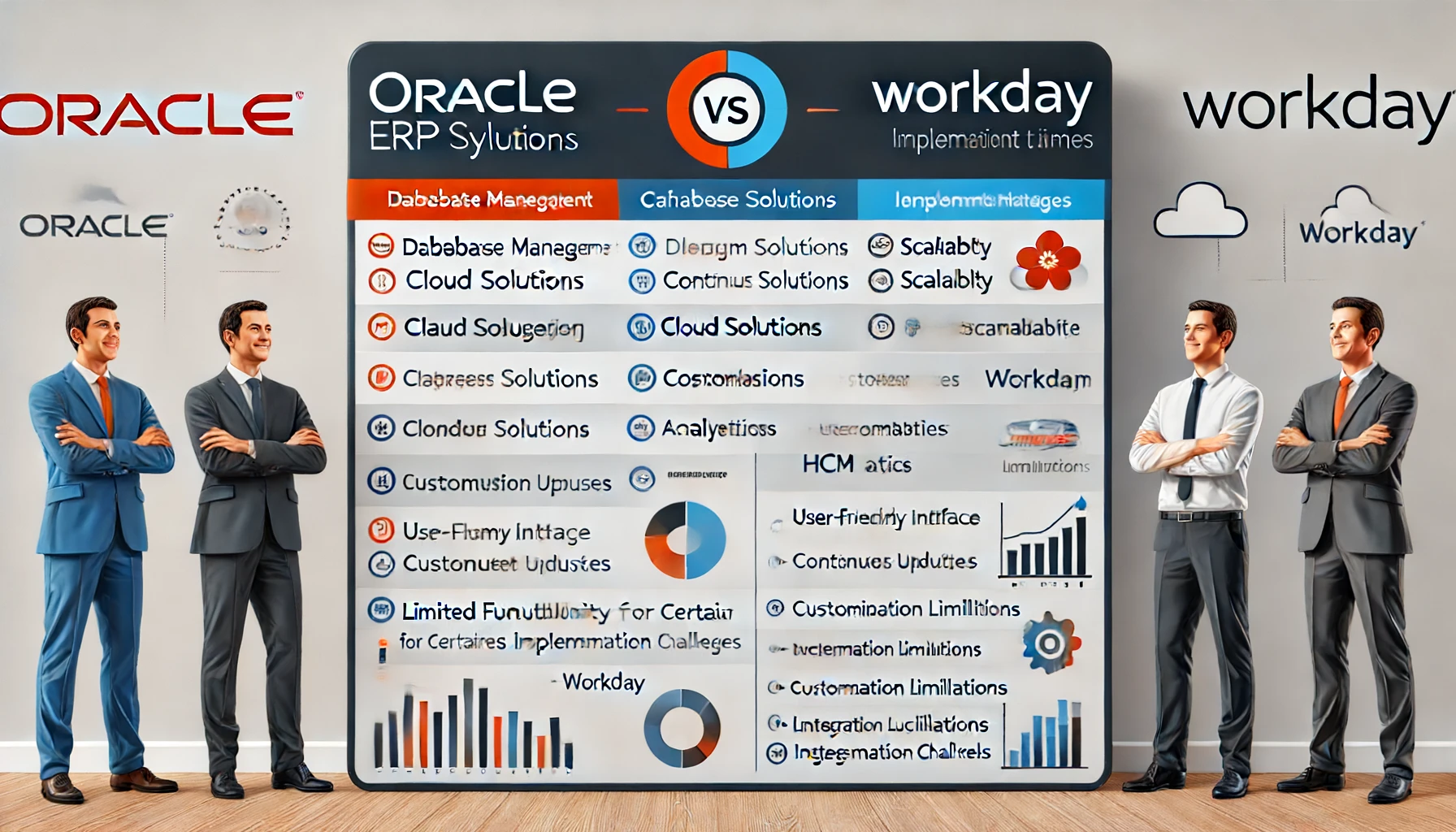Is Unit4 the Best ERP for Nonprofit Organizations?

Managing a nonprofit organization requires careful coordination of limited resources, financial oversight, and staying true to a mission-driven focus. Nonprofit organizations often operate under strict budget constraints, with an emphasis on accountability and transparency to donors, boards, and stakeholders. Unlike for-profit companies, nonprofits need to balance complex funding streams, grant management, volunteer coordination, and regulatory compliance. This is where Enterprise Resource Planning (ERP) systems come in. Among the available ERP solutions, Unit4 has gained recognition for its tailored services to nonprofits. But is Unit4 the best ERP for nonprofit organizations? Let’s dive into its features, compare it with other ERPs, and assess whether it’s the ideal solution for the nonprofit sector.
Why Nonprofits Need a Specialized ERP
Nonprofit organizations face distinct operational challenges that set them apart from for-profit businesses. Here are some key areas where nonprofits require specialized support from an ERP system:
- Fund accounting: Nonprofits manage multiple funding sources, including donations, grants, and sponsorships, all of which come with different reporting requirements.
- Grant management: Keeping track of grant applications, funding cycles, and deliverables is essential for meeting donor expectations and maintaining future funding.
- Donor management: Effective tracking of donations, campaigns, and donor communications is critical for relationship-building and ensuring long-term support.
- Budgeting and forecasting: Nonprofits often operate with constrained budgets, requiring precise forecasting and budgeting to ensure that funds are used effectively.
- Compliance and reporting: Nonprofits must meet strict regulatory requirements, both in terms of financial reporting and adherence to grant conditions.
To tackle these challenges, nonprofits need an ERP system that offers strong financial controls, people management, and reporting tools, all tailored to the sector’s specific needs.
Key Features of Unit4 for Nonprofit Organizations
Unit4 offers a range of features designed specifically for nonprofit organizations. Here’s how Unit4’s capabilities align with the needs of the nonprofit sector:
1. Fund Accounting and Financial Management
Unit4 excels in providing a robust fund accounting system that ensures transparency in financial management. Nonprofits need to track multiple funding sources—such as donations, grants, and sponsorships—each with its own set of restrictions and reporting obligations. Unit4 allows nonprofits to easily manage these various funding streams, providing real-time visibility into financial performance.
With built-in capabilities for expense tracking, budgeting, and financial reporting, Unit4 helps nonprofit organizations ensure compliance with donor requirements and regulatory standards. Its financial management module also integrates with grant management tools, allowing for seamless allocation of funds and ensuring that grants are spent according to plan.
2. Grant and Donation Management
One of Unit4’s key features for nonprofits is its ability to manage grants and donations efficiently. From tracking application statuses to managing fund disbursement and reporting, Unit4 provides end-to-end grant management. The platform also includes donor management tools, enabling nonprofits to cultivate relationships with donors, manage communications, and create detailed reports to demonstrate the impact of their contributions.
3. Human Capital Management (HCM)
Nonprofits often rely on both paid staff and volunteers to run their operations. Unit4’s Human Capital Management (HCM) module allows for efficient management of employees, volunteers, and contractors. This module offers tools for time tracking, payroll management, and volunteer scheduling. Nonprofits can easily match skilled volunteers with suitable projects, track their hours, and recognize their contributions.
For organizations with limited human resources staff, Unit4’s automation capabilities reduce the manual workload, allowing staff to focus on mission-critical activities rather than administrative tasks.
4. Budgeting and Forecasting
Budgeting is crucial for nonprofits that need to maximize the use of limited resources while ensuring that they meet operational and programmatic goals. Unit4 provides advanced budgeting and forecasting tools that allow nonprofits to allocate funds accurately, track spending, and create what-if scenarios to help plan for future financial needs.
Unit4’s ability to deliver real-time financial data means that nonprofit leaders can make informed decisions about how best to allocate funds and whether adjustments are necessary to stay within budget constraints.
5. Compliance and Reporting
Nonprofits are subject to stringent regulatory and reporting requirements, particularly for organizations that receive government funding or operate across multiple jurisdictions. Unit4 makes it easier for nonprofits to meet these requirements with built-in compliance tools. The system allows for automated reporting to ensure that financial reports meet legal standards, and it provides detailed audit trails for transparency.
With Unit4, nonprofits can generate customized reports for donors, grantmakers, and government agencies, ensuring that they maintain compliance and transparency, which are vital for continued funding and support.
6. Cloud-Based and Scalable
Like most modern ERP solutions, Unit4 is a cloud-based system, which offers significant advantages for nonprofits. Cloud-based systems provide remote access, which is especially beneficial for organizations that have employees, volunteers, or board members working in different locations. Unit4’s cloud-based platform is scalable, making it a suitable solution for both small nonprofits and larger organizations with global operations.
Comparison with Other ERP Systems
While Unit4 offers many features designed specifically for nonprofit organizations, it’s important to compare it with other ERP solutions in the market. Some of the main competitors include NetSuite, Blackbaud, and Microsoft Dynamics 365.
NetSuite ERP
NetSuite is another leading ERP provider that offers specialized solutions for nonprofits. It offers similar features to Unit4, such as fund accounting, donor management, and grant tracking. One of NetSuite’s standout features is its integrated Customer Relationship Management (CRM) system, which helps nonprofits track donor interactions and engagement more effectively. However, NetSuite can be costlier, especially for smaller nonprofits with tight budgets, making Unit4 a more affordable option.
Blackbaud
Blackbaud is an ERP system built specifically for nonprofit organizations. It is well-known for its donor management and fundraising capabilities, offering in-depth tools to track and analyze fundraising efforts. However, Blackbaud’s financial management tools may not be as robust as Unit4’s, especially when it comes to handling complex grant management and fund accounting. For organizations that need stronger financial oversight and reporting, Unit4 may be the better option.
Microsoft Dynamics 365
Microsoft Dynamics 365 is a flexible ERP and CRM solution with applications across various industries, including the nonprofit sector. Dynamics 365 is highly customizable and integrates well with other Microsoft tools like Excel, SharePoint, and Power BI. However, this flexibility can make implementation more complex and expensive. For nonprofits looking for a more straightforward, out-of-the-box solution, Unit4 may be easier to implement and maintain.
Pros and Cons of Unit4 for Nonprofit Organizations
Pros:
- Tailored for nonprofits: Unit4 offers specific features for nonprofits, including fund accounting, grant management, and compliance tools.
- Comprehensive financial management: Robust tools for budgeting, forecasting, and financial reporting.
- Cloud-based and scalable: Ideal for both small nonprofits and large organizations with dispersed teams.
- People-centric: Offers strong human capital management for both staff and volunteers.
Cons:
- Cost considerations: While Unit4 is often more affordable than some competitors, it may still be out of reach for very small nonprofits with minimal budgets.
- Complexity for smaller organizations: The breadth of features may be overwhelming for smaller nonprofits with simpler operational needs.
Conclusion: Is Unit4 the Best ERP for Nonprofit Organizations?
Unit4 is undoubtedly one of the leading ERP systems tailored for nonprofit organizations. Its strong financial management, grant tracking, and donor management tools make it a top choice for nonprofits looking to streamline operations and improve accountability. While it may not be the cheapest option available, the breadth of its features and scalability make it an excellent investment for mid-sized to large nonprofits. For smaller organizations with fewer complex needs, however, other ERP solutions like Blackbaud or Microsoft Dynamics 365 might be more appropriate.
Ultimately, Unit4 stands out as a strong ERP solution for nonprofits focused on financial transparency, efficient resource management, and scalability. To find out more about Unit4 you can visit this link.
To compare Unit4 with 100s of other ERP solutions, you can use our new AI-powered Compare ERP tool. It’s free to use and you get a guaranteed discount on your first year’s licence fees with a referral from Compare ERP.









